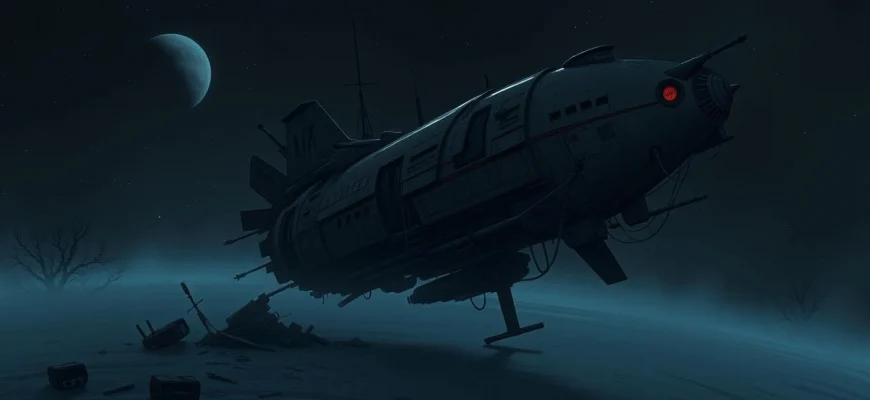If you loved the gripping sci-fi thriller 'Rubikon (2022)' and are craving more movies or shows with similar themes of survival, isolation, and moral dilemmas in space, you're in the right place. This article will guide you through 10 compelling titles that share the same tension, atmosphere, and thought-provoking storytelling as 'Rubikon.' Whether you're a fan of claustrophobic space settings or deep ethical quandaries, these recommendations will keep you on the edge of your seat.
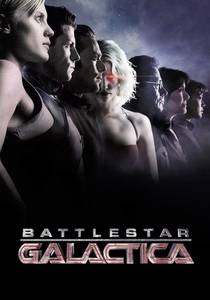
Battlestar Galactica (2004)
Description: Like Rubikon (2022), Battlestar Galactica focuses on a group of survivors in space facing existential threats. Both series examine themes of leadership, morality, and the human condition under extreme duress.
Fact: Battlestar Galactica was a reimagining of the 1978 series. The show won a Peabody Award for its post-9/11 allegorical storytelling. It features one of television's first openly gay characters in a sci-fi series.
 Watch Now
Watch Now 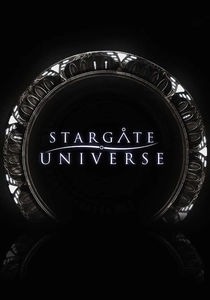
Stargate Universe (2009)
Description: Stargate Universe shares with Rubikon (2022) the premise of a crew stranded far from home, dealing with limited resources and interpersonal conflicts. Both feature a mix of scientific problem-solving and character drama.
Fact: This was the third series in the Stargate franchise. It was more serialized and darker than its predecessors. The show was canceled after two seasons despite a passionate fan base.
 Watch Now
Watch Now 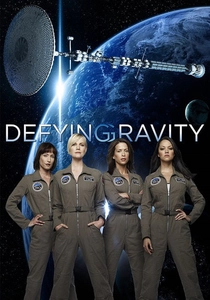
Defying Gravity (2009)
Description: Defying Gravity, like Rubikon (2022), focuses on astronauts dealing with both the technical and emotional challenges of a long-duration space mission. Both explore the psychological effects of isolation in space.
Fact: The show was marketed as Grey's Anatomy in space. It was canceled after one season due to low ratings. The series was a co-production between Canada and Germany.
 Watch Now
Watch Now 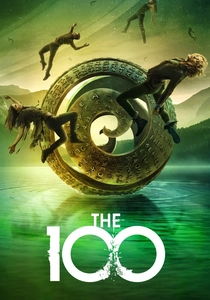
The 100 (2014)
Description: The 100 shares with Rubikon (2022) the theme of humans struggling to survive in hostile environments, both on Earth and in space. Both explore the moral dilemmas and tough decisions required for survival.
Fact: The 100 was based on a book series by Kass Morgan. The show's premise was inspired by the idea of sending juvenile delinquents into space. It underwent significant tonal shifts throughout its seven-season run.
 Watch Now
Watch Now 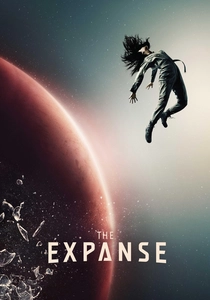
The Expanse (2015)
Description: Similar to Rubikon (2022), The Expanse explores themes of survival in space, political intrigue, and human conflict in a confined environment. Both series delve into the psychological and physical challenges faced by astronauts in high-stakes situations.
Fact: The Expanse was initially canceled by Syfy after three seasons but was revived by Amazon due to fan demand. The show is based on a series of novels by James S.A. Corey. It is praised for its realistic depiction of physics in space.
 Watch Now
Watch Now 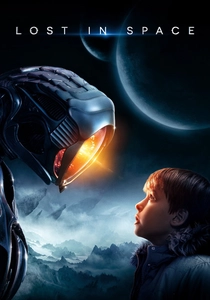
Lost in Space (2018)
Description: Lost in Space, like Rubikon (2022), features a crew stranded in space dealing with internal conflicts while facing external threats. Both emphasize family dynamics and teamwork in survival scenarios.
Fact: This is a reboot of the 1965 series. The show's production design won critical acclaim. It was one of Netflix's most expensive series at the time of its release.
 Watch Now
Watch Now 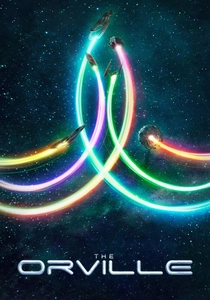
The Orville (2017)
Description: While more comedic than Rubikon (2022), The Orville similarly explores the challenges of space exploration and crew dynamics. Both examine how humans might behave in futuristic space scenarios.
Fact: Created by Seth MacFarlane as a love letter to Star Trek. The show gradually became more dramatic in its storytelling. Many original Star Trek alumni have worked on the series.
 Watch Now
Watch Now 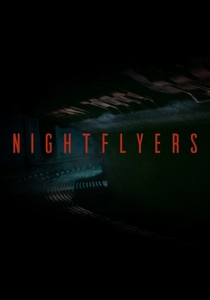
Nightflyers (2018)
Description: Nightflyers, similar to Rubikon (2022), combines psychological horror with space exploration themes. Both feature crews dealing with mysterious phenomena and deteriorating mental states in confined spacecraft environments.
Fact: Based on a novella by George R.R. Martin. The show was canceled after one season. It blends elements of science fiction and supernatural horror.
 Watch Now
Watch Now 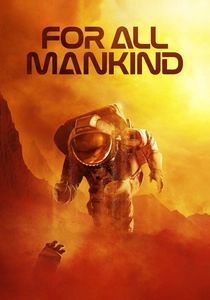
For All Mankind (2019)
Description: For All Mankind shares with Rubikon (2022) a focus on the human aspects of space exploration, including the psychological toll on astronauts. Both present alternate histories of space programs with dramatic consequences.
Fact: Created by Ronald D. Moore of Battlestar Galactica fame. The show features real NASA footage blended with fictional elements. Each season jumps forward about a decade in its alternate timeline.
 Watch Now
Watch Now 
Ascension (2014)
Description: Ascension shares with Rubikon (2022) the concept of humans living in a confined space environment, dealing with societal structures and hidden agendas. Both explore how humans might organize themselves in isolated space habitats.
Fact: Originally conceived as a miniseries with potential for continuation. The show features a 1960s aesthetic despite being set in space. It includes a major plot twist about the true nature of the mission.
 Watch Now
Watch Now 
